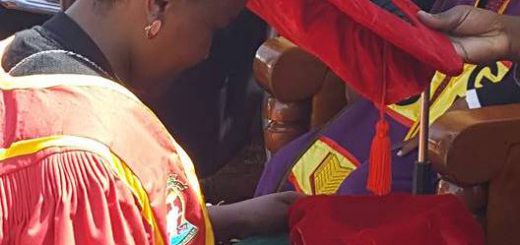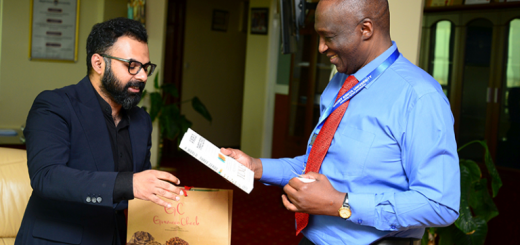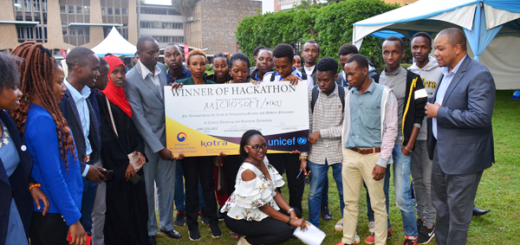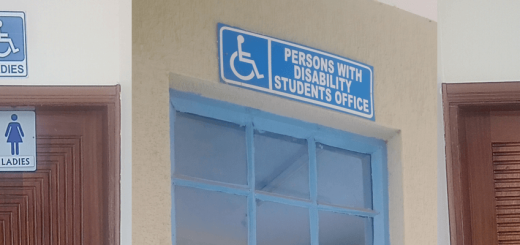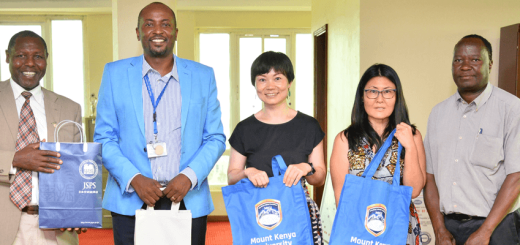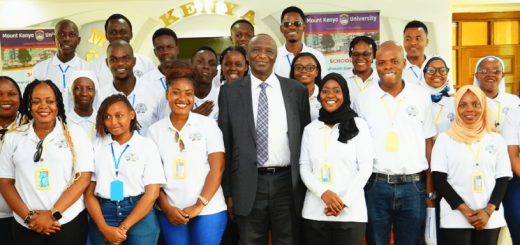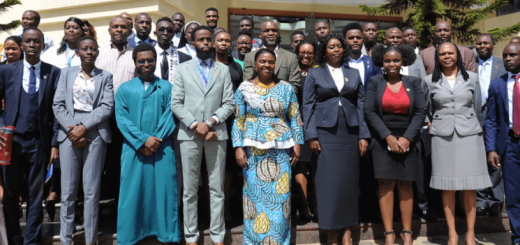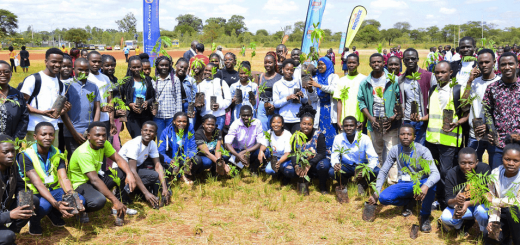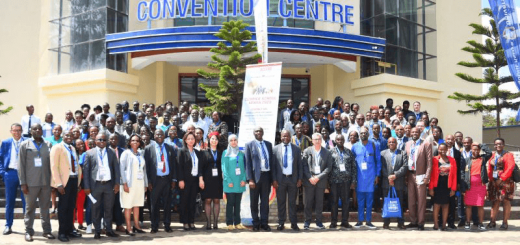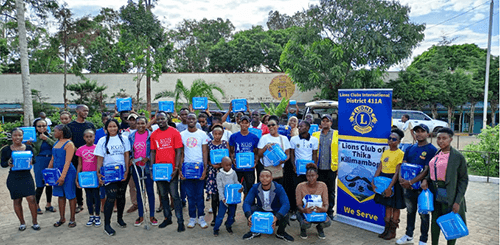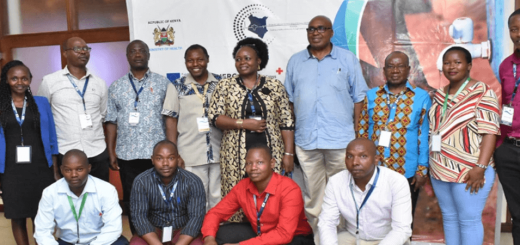Vice-Chancellor address during students orientation
- Opening Remarks
Ladies and gentlemen, on 17th September, 2020, I addressed you (the new students) virtually. The virtual address was on passion and purpose. It is again my pleasure to address you today and to welcome you to Mount Kenya University. I again convey my appreciation and that of the Board of Directors, University Council, University Senate, the University Management Board to you for choosing Mount Kenya University as the institution to support your career development.

- Purpose of Student Orientation
Ladies and gentlemen, the purpose of student orientation is to equip new students with information that can facilitate adaption to an academic environment.
- University governance
- University academic resources
- Academic programmes
- Financial obligations
- Library facilities and services
- Catering and accommodation facilitates and services
- Healthcare facilities and services
- Security services
- Student support services such as mentorship and guidance and counseling among others.
My orientation address will not be on the aforestated areas because the responsibility of doing so lies with Deputy Vice-Chancellors, Registrars, Principals, Librarian, Deans, Directors and Heads of Departments.
My address today is on adaptability, an attribute that made it possible for the University to transit to online learning seamlessly/successfully
- Transition to Online Mode of Teaching and Learning, and Adjustment to COVID-19 Pandemic
Ladies and gentlemen, since March 2020 when institutions of learning were directed to close because of the COVID-19 pandemic, Mount Kenya University has successfully used educational digital platforms to support learning continuity. The University had leveraged on innovative and collaborative technologies to deliver its mandate of teaching, research and service provision.

- Digital Transformation
Ladies and gentlemen, digital transformation in Kenya and across the globe is a trend that has redefined learning through creating learning experiences that inspire lifelong learning. On-line learning is student-centered in a self-paced manner, and encourages students to take responsibility for their own learning. It encourages students to learn through doing— solving problems, practicing, progressing, and having fun, with real-time feedback from educators. Undoubtedly, with the wider spread of technology and deepening of the global mandate of education for all, online learning has a potential of being a viable alternative mode of learning.
- Student Responsibility in Online Learning
Ladies and gentlemen, student responsibility in online learning are:
- Overcoming perceptions and preconceptions about online learning,
- Persistence through challenges,
- Tolerance to technical problems
- Demonstration of motivation and independence,
- Self-regulation by being able to monitor understanding and making decisions,
- Avoiding teacher dependence syndrome,
- Effective time management,
- Understanding the role of a course instructor/lecturer as being a facilitator,
- Promoting interaction and collaboration by sharing information through emails, discussion groups, chat platforms, cellphones, text messaging etc,
- Seeking help when needed,
- Navigating the internet,
- Being passionate about e-learning and
- Understanding the purpose of education.
- Adaptability
Adaptability, the ability to change or be changed to fit change in circumstances is essential for survival including sustaining learning continuity. As Charles Darwin said: “It is not the strongest of the species that survives, nor the most intelligent that survives. It is the one that is the most adaptable to change.”
According to Charles Darwin, there are eight attributes associated with adaptability. The attributes are:
- Keeping calm in the face of difficulties.
- Persisting in the face of difficulties.
- Taking on new challenges at short notice.
- Saying yes, I can overcome challenges.
- Dealing with changing priorities.
- Improving continuously.
- Bouncing back from setback and showing a positive attitude.
- Keeping an open mind and seeing the bigger picture.

- Is Adaptability in an Academic Environment Necessary?
The answer to this question is yes. According to a web-article entitled: Learning to Adapt to Diverse Learning Styles:
“In an academic environment with diverse learning styles, overreliance on one learning style is not the best thing to do. Adapting to all learning styles is necessary for fulfillment of one’s academic aspirations.”
- Skills of Adaptability
What are the Skills of Adaptability?
According to a web-article entitled: Adaptability Skills: (https://www/diversion.com), although adaptability is a natural skill, it can be improved by doing the following:
- Observing and monitoring changes in the environment because change in the environment serves as an impetus to change,
- Demonstrating willingness to learn,
- Avoiding hesitation and
- Acknowledging that changes are bound to occur.
Ladies and gentlemen, adaptability represents the positive energy that promotes taking initiative that is necessary for overcoming obstacles. It allowed us to progress from dwellers to builders of modern world. It is the same that will enable a student to eventually become a doctor, lawyer, architect, engineer, teacher, researcher etc. Therefore, learning to adapt to diverse learning styles is the key to success.
- Conclusion
In concluding my address today, I draw your attention to the four MKU core values which will enable each one of you to adapt positively within our environment. The core values are:
- Innovation
- Excellence
- Integrity and
- Unity of Purpose
Let us all embrace the values in everything that we do as they guide through the path to success. Finally, may I once again congratulate you and hold trust that adaptability within the core-values of Mount Kenya University will always be your enabler as you pursue your studies. Again, thank you for joining Mount Kenya University. Together we will achieve the University strategic objectives and implement the University mission effectively. Our success is a collective responsibility, whether you are a student, staff, parent or any other stakeholder.
Keep safe and always remember that survival in the COVID-19 pandemic environment requires adaptability to social distancing, hand washing with soap or sanitizing with alcohol based sanitizer and proper wearing of face masks among others.
THANK YOU
GOD BLESS YOU, GOD BLESS MOUNT KENYA UNIVERSITY
Prof. Stanley W. Waudo, Ph.D.
Vice-Chancellor, Mount Kenya University

